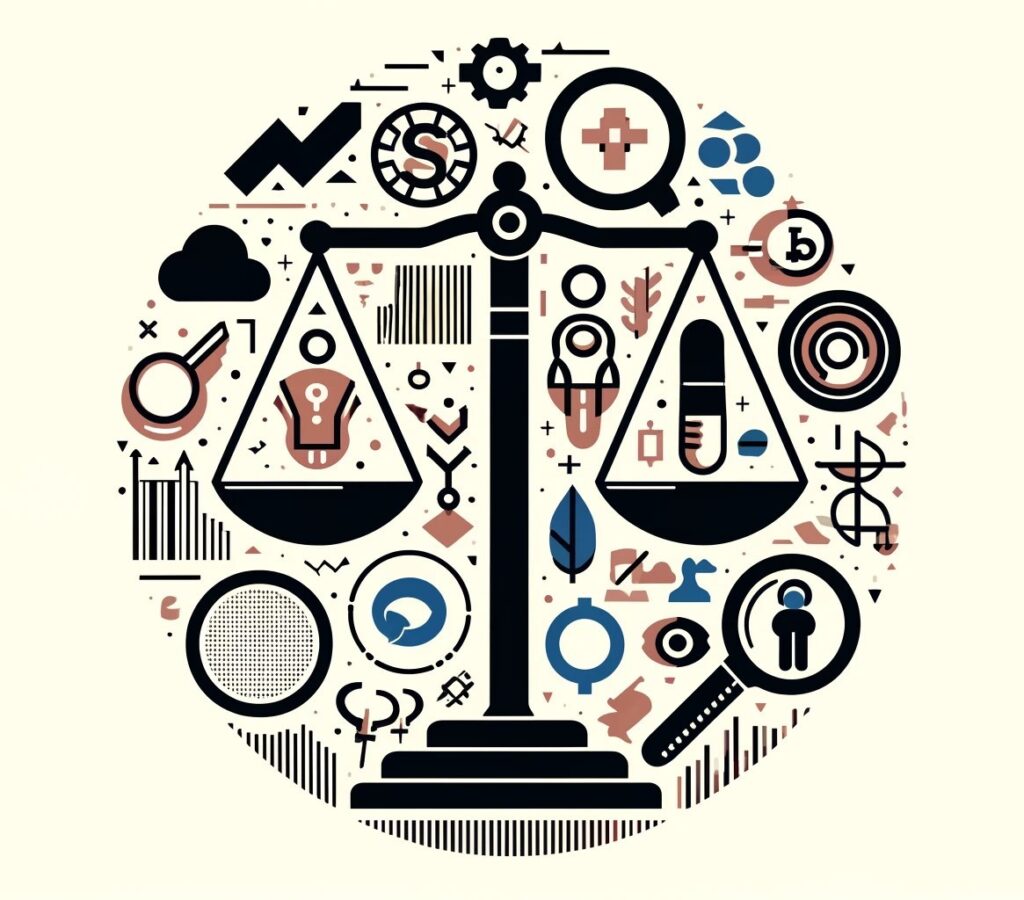

Rule of law is one of the topics which we have begun to address over the past several years. In addition to limiting arbitrary governance and guaranteeing the protection of individual and collective rights, a state where the rule of law prevails is one of the preconditions for achieving inclusive economic growth. That is why one of our surveys was dedicated to finding out whether Serbian citizens encounter obstacles in exercising their rights before state authorities or judicial institutions. Data indicates that very often, in two out of three cases, citizens fail to report obstacles in exercising their rights. The main reason is their lack of trust in the impartiality and efficiency of state institutions. We also analyzed the free legal aid system and showed how important it is when it comes to exercising rights of citizens, particularly those from vulnerable groups. Most citizens use free legal aid because they cannot afford a lawyer. The practice of pro se legal representation is also widespread. SeConS is actively engaged in analyzing the process of adopting laws and public policies in the Republic of Serbia. Being involved in the CSO coalition Open Parliament, we examined the activities of the National Assembly of the Republic of Serbia and discovered important mechanisms of the legislative process in Serbia. The executive branch of government plays a crucial role in creating laws. But external consultants are often engaged (experts, representatives from the nongovernmental sector, etc.) to participate in the preparation of bills, although it is not always clear who they speak for and whose interests they represent. Another important link in the legislative process is the National Assembly. However, data shows that members of parliament only dedicate half of a single working day to each bill, as the parliament is under pressure from a large number of bills to be adopted, and urgent ones in particular. In addition to the “shallow” legislative role of the National Assembly, we discovered a similarly “shallow” and superficial role of the public: public debates are not an adequately efficient means for the public and the civil society to be included in the legislative process, as they are held rarely, with tight deadlines and with no obligation to include ideas brought forward in public debates into the bills.